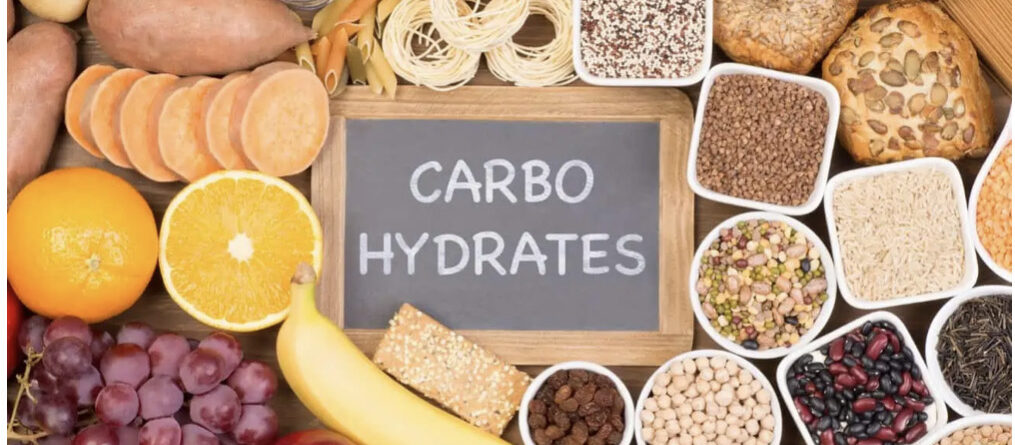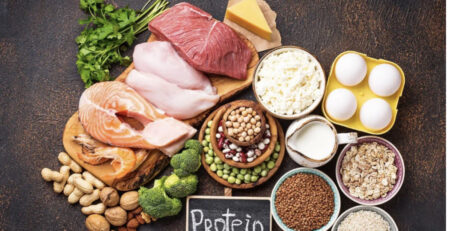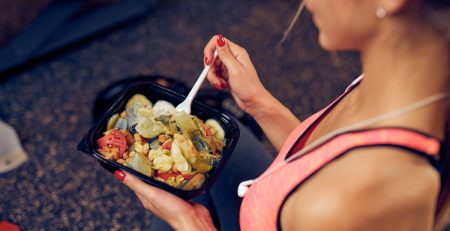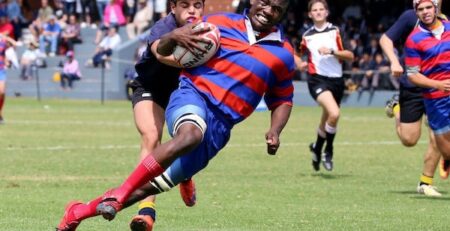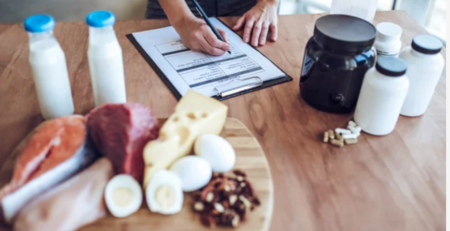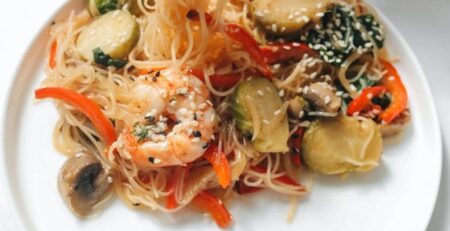Fueling Your Workout: Nutrition Strategies for Weight Loss and Athletic Performance
Introduction
Achieving a balance between weight loss and athletic performance can be a challenging feat. On one hand, you want to shed those extra pounds and achieve your weight loss goals. On the other, you aspire to excel in your workouts, boost your endurance, and enhance your athletic performance. Fortunately, with the right nutrition strategies, you can navigate this path successfully. In this blog post, we’ll explore how to fuel your workouts effectively while aligning with your weight loss objectives.
Calorie Intake
The foundation of any successful nutrition plan lies in understanding your calorie needs. Your daily caloric intake should reflect your fitness goals and activity level:
- Weight Loss: To lose weight, you need to create a calorie deficit. Aim to consume fewer calories than you expend. A safe and sustainable rate of weight loss is about 0.5 to 1 kilogram (1 to 2 pounds) per week, which equates to a daily calorie deficit of approximately 500 to 1,000 calories.
- Maintenance: If you want to maintain your current weight while improving athletic performance, your calorie intake should roughly match your energy expenditure.
- Muscle Gain: If muscle growth is your primary goal, you’ll need a calorie surplus to provide your body with the extra energy required for muscle development.
Macro Distribution
Once you’ve determined your calorie intake, it’s time to consider your macronutrient distribution. The ideal ratio of carbohydrates, protein, and fats depends on your fitness goals:
- Weight Loss: A balanced approach with moderate carbohydrates, lean protein, and healthy fats can support weight loss while maintaining energy levels.
- Muscle Gain: Higher protein intake is essential for muscle repair and growth. Consider a ratio with a greater emphasis on protein.
- Performance: Carbohydrates are the primary source of energy for athletic performance. Prioritize carbohydrates for sustained energy during workouts.
Meal Timing
When you eat can significantly impact your workouts and recovery:
- Pre-Workout: Consume a balanced meal or snack 1-2 hours before exercising to provide your body with the necessary energy. Focus on carbohydrates for quick energy and a small amount of protein for muscle support.
- Post-Workout: Refuel with a meal rich in carbohydrates and protein within the “anabolic window,” ideally within 30 minutes to 2 hours after exercise, to optimize recovery.
Sample Meal Plans
Here are sample meal plans tailored to different fitness goals, with calorie and macro breakdowns:
- Weight Loss: Aim for a daily intake of 1,500-1,800 calories with a distribution of 45% carbs, 30% protein, and 25% fat.
- Maintenance: Maintain a daily intake of 2,000-2,500 calories with a distribution of 50% carbs, 25% protein, and 25% fat.
- Muscle Gain: Strive for a daily intake of 2,500-3,000 calories with a distribution of 55% carbs, 30% protein, and 15% fat.
Conclusion
Finding the perfect balance between weight loss and athletic performance is achievable with personalized nutrition plans. Remember that no single approach fits all; your dietary choices should align with your unique goals, activity level, and preferences. By understanding your calorie needs, optimizing macro distribution, and timing your meals effectively, you can fuel your workouts, enhance your athletic performance, and make steady progress toward your weight loss objectives. The journey to a healthier, fitter you begins with informed nutrition choices.


